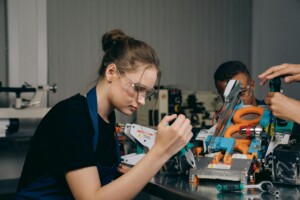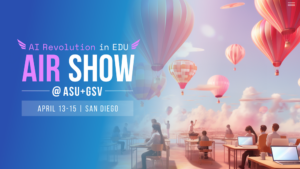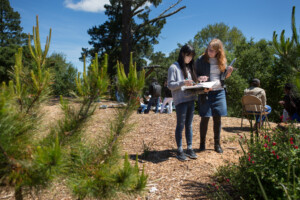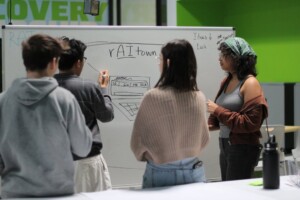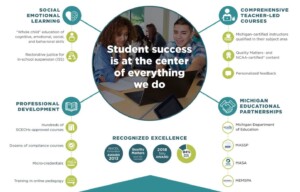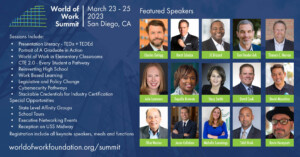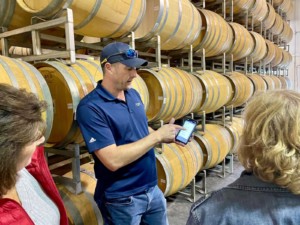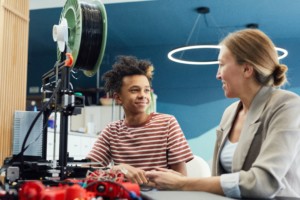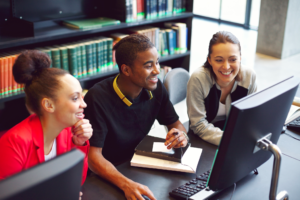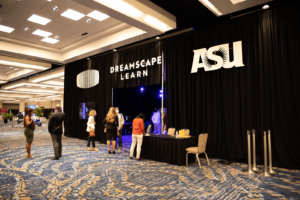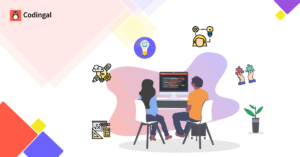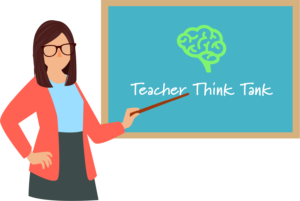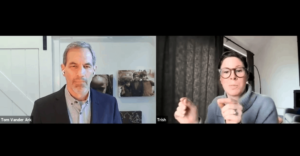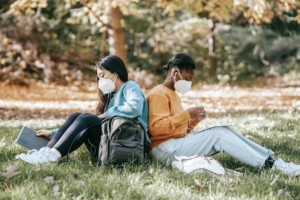The Future of Work
An eduInnovation & Getting Smart Series.
2023 - New AI Publication
As of 2023, we’ve published a new AI publication which highlights the last 7+ years of investigation into how AI will shape learning, leading and teaching.
Check it out!
The future of work is here, and with it, new challenges — so what does this mean for teaching and learning? It means more contribution and young people learning how to make a difference. In our exploration of the #futureofwork, sponsored by eduInnovation and powered by Getting Smart, we dive into what’s happening, what’s coming and how schools might prepare.
of jobs are at risk of radical transformation from automation and other advancements
of all employees will require significant upskilling by 2022
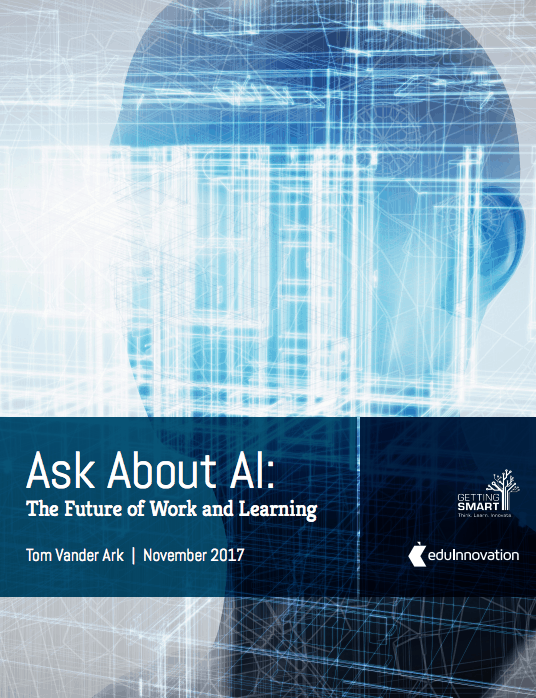
Ask About AI: The Future of Work and Learning
Rises in technology, namely smart machines, artificial intelligence, machine learning and more have made it more important than ever to rethink the Future of Work. This means changing curriculum, learner goals and more to prepare young learners for an uncertain and rapidly changing future.
Schools Organized for Contribution
Some of the high schools that we have visited have inspired us to think differently about making a difference and contributing to community. These schools feature extended challenges and use design thinking to address real-world problems.
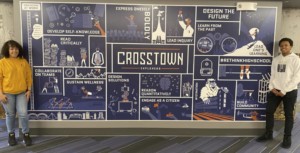
Crosstown High in Memphis is a learner-centered school that engages students in meaningful, project-based work and authentic relationships.

At Latitude High in Oakland students participate in extended learning opportunities including studios, internships and student-designed businesses.
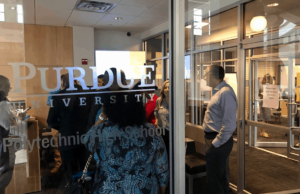
Purdue Polytechnic in Indianapolis is building a STEM school around students. Students create individualized schedules and engage in real-world challenges with industry partners.
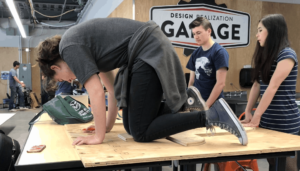
Design Tech High on the Oracle campus in Redwood City starts with a 9th-grade prototyping class and ends with a senior engineering project.
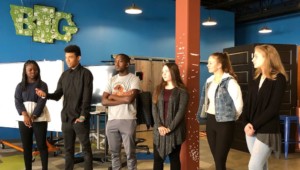
Iowa BIG in Cedar Rapids Iowa helps students lead their own learning journey while they discover their gifts, talents, and interests.

